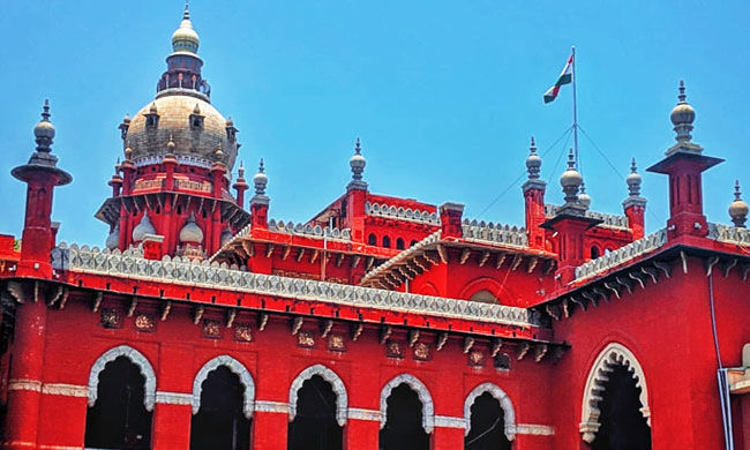Prosecution By Revenue Department Malicious And Patently Malafide, Madras High Court Quashes Complaint
Parina Katyal
7 May 2022 12:30 PM IST

Next Story
7 May 2022 12:30 PM IST
The Madras High Court has quashed the complaints filed by the income tax department against the assessee for wilfully attempting to evade payment of tax under Section 276 C (2) of Income Tax Act, 1961 on the ground of malicious prosecution, non-application of mind and abuse of power. The Single Bench of Dr. Justice G. Jayachandran ruled that to invoke the deeming provision of Section...
